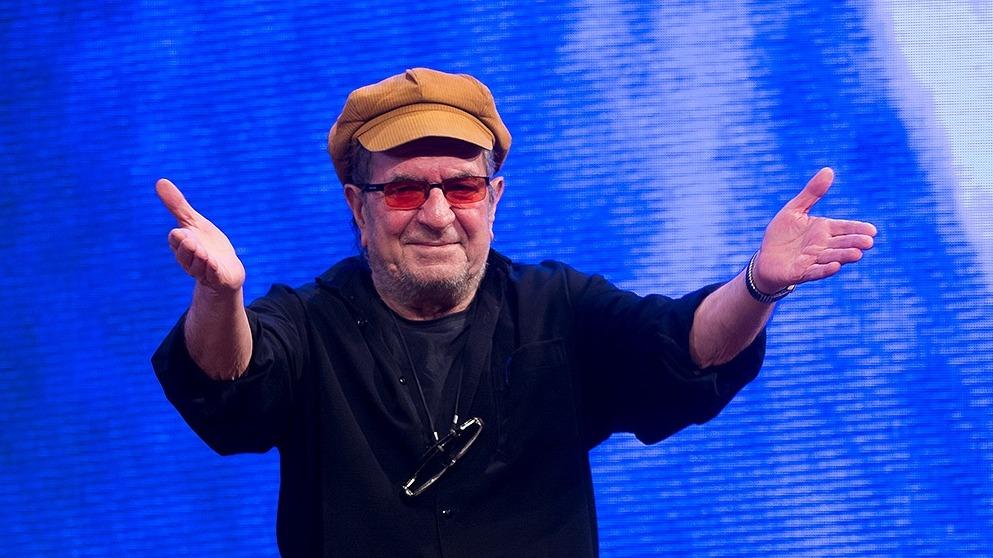Iranian director Dariush Mehrjui was stabbed to death on the evening of Saturday, October 14, along with his wife at their home near Tehran, after a long career that contributed to the international recognition of Iranian cinema.
The circumstances of the double murder remained a mystery on Sunday, with Iranian authorities reporting no arrests. Dariush Mehrjui, who was 83 years old, is considered one of the greatest exponents of Iranian cinema as a director, producer and screenwriter during six decades during which he faced censorship, both before and after the 1979 Islamic Revolution. In 1969, he directed The Cow, one of the first films of the new wave of cinema in his country, which won the Jury Prize at the Venice Film Festival in 1971. His wife Vahideh Mohammadifar, who was 54, was also a screenwriter and set designer.
"During the preliminary investigation, we found that Dariush Mehrjui and his wife were killed by multiple stab wounds to the neck," the head of the judiciary of Alborz province, west of Tehran, Hossein Fazeli-Harikandi, was quoted as saying by the Mizan Online news agency. He explained that the filmmaker had sent a message to his daughter Mona at around 21 p.m. inviting her to dinner at their home in Karaj, a large city about <> kilometers from the capital. When she arrived an hour and a half later, she discovered the bodies of her parents with fatal wounds to their necks.
Culture Minister Mohammad-Mehdi Esmaili said in a statement that he had asked for "clarification on the circumstances of this sad and painful incident." On Sunday, the daily Etemad published an interview with the filmmaker's wife in which she announced that she had recently been threatened by an individual and that their home had been burgled. "No complaint has been filed regarding an illegal intrusion into the Mehrjui family's villa and the theft of their belongings," Fazeli-Harikandi said.
Social comedies
In his statement, the Minister of Culture paid tribute to "one of the pioneers of Iranian cinema" and "the creator of eternal works". Born on December 8, 1939 in Tehran, Dariush Mehrjui studied philosophy in the United States before returning to Iran where he launched a literary magazine and released his first film, Diamond 1966, a parody of the James Bond films, in 33. He went on to direct films with a strong social dimension, including The Cow (1969), Monsieur le naïf (1970) or Le Cycle (1974), Les Locataires (1987) and Hamoun (1990). After the Islamic revolution of 1979, Dariush Mehrjui spent a few years in France, where he directed the docu-fiction Le Voyage au pays de Rimbaud.
In addition to film, he translated works by the French writer Eugène Ionesco and the German Marxist philosopher Herbert Marcuse into Persian. Back in Iran, he triumphed at the box office with The Tenants in 1987. Then, in 1990, he directed Hamoun, a black comedy about the 24 hours of the life of an intellectual anguished by his divorce and his intellectual worries, in an Iran invaded by the technology companies Sony and Toshiba. Over the next decade, Dariush Mehrjui portrayed women in the films Sara, Pari, and Leila, the latter being a melodrama starring actress Leila Hatami about an infertile woman who encourages her husband to marry a second wife.
«
I was greatly influenced by Ingmar Bergman and Michelangelo Antonioni," he said in an interview with Iranian media. "I don't make directly political films to promote this ideology or this point of view. But it's all political (...) Cinema is like poetry, which can't take sides for anyone. Art should not become a propaganda tool," he said. Most of these films, which have often won awards, were screened in 2014 at the Forum des Images in Paris, during a tribute in his presence.

